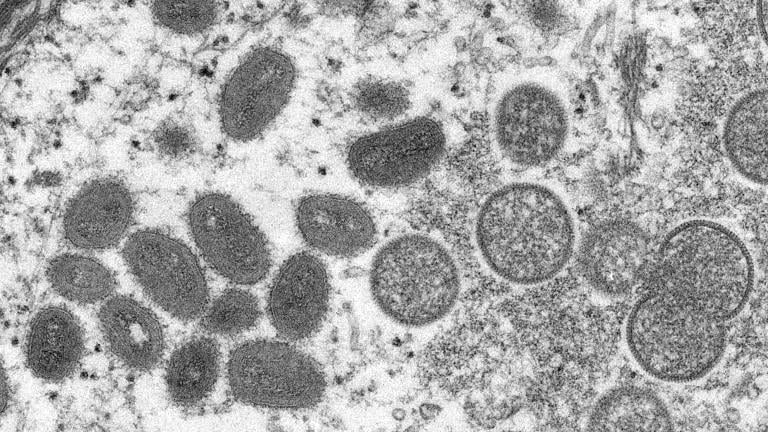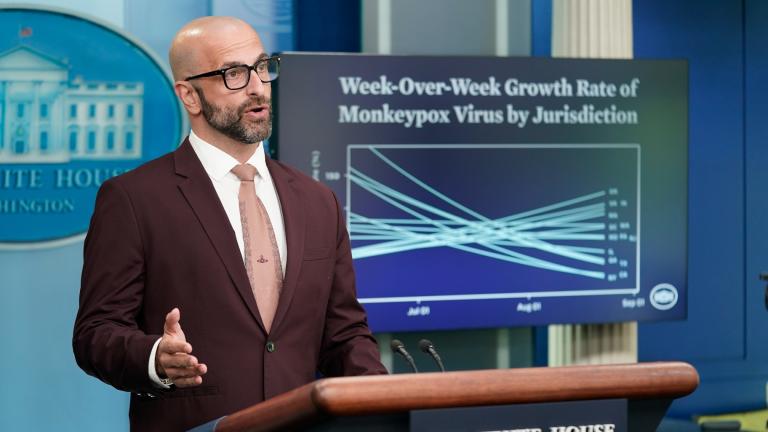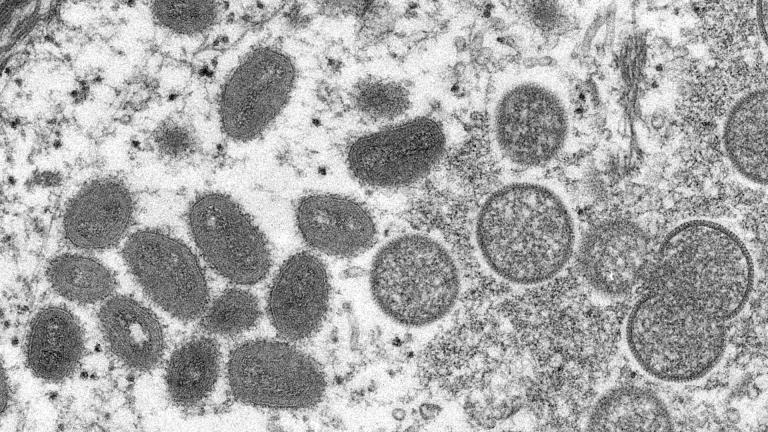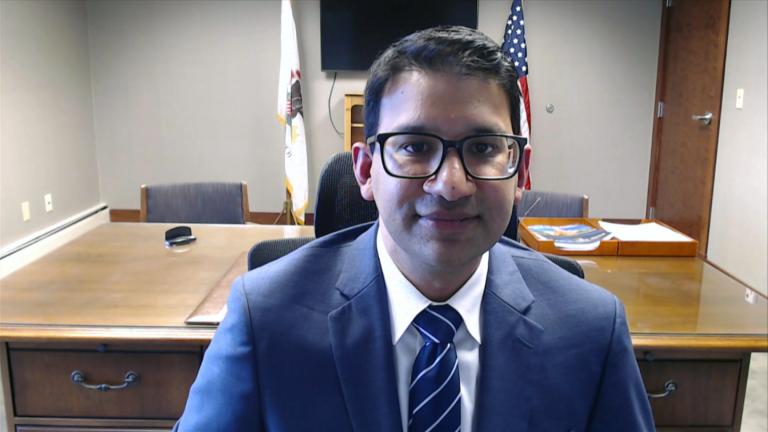Additional monkeypox vaccines are arriving in Chicago, but they will be in limited supply.
This as the World Health Organization this declared monkeypox a public health emergency. The Biden Administration is also weighing whether to declare the virus a health emergency as reported cases nationwide approach 3,000.
Dr. Aniruddha Hazra, a specialist with UChicago Medicine who does clinical work at the Howard Brown Health Center, spoke with WTTW News about the latest monkeypox news and how it is impacting Chicago.
What has changed since we last spoke with you in May?
Dr. Aniruddha Hazra: We’re definitely seeing higher cases than a few months ago. I think that might have to do with access to testing that we now have, but we’re seeing a much higher number of cases across the city.
What populations are being affected?
Hazra: The majority of the folks we’re seeing affected are gay and bisexual men, men having sex with men, and we’re seeing it across all ZIP codes of the city so it’s something that we’re really trying to get the message across to make sure that populations know what measures they can take to protect themselves, get vaccinated and understand what are the first signs of this infection so they can get access to testing and potentially treatment as well.
I’m always stressing that this is not a gay disease. The virus does not care what sexual orientation you identify as, but it does care who you have sex with and who is in your sexual network, and that’s what we’re seeing driving this disease. I really want to try to de-stigmatize this disease, because the more we apply any morality or judgement to this disease is wholly counterproductive in getting people in clinics to be seen and evaluated.
Right now we’re seeing it impacting disproportionately one community so a lot of our efforts in containment is focusing on this community, but it can affect anyone.
How are the vaccinations being prioritized?
Hazra: You can make an analogy to the COVID vaccine in early 2021 and how we prioritized certain groups for the vaccine, people who were disproportionately impacted or at higher risk due to their occupation. That’s sort of the same way we’re seeing this.
The city and the CDC itself is prioritizing vaccine doses and really trying to prioritize the populations that we’re seeing the monkeypox spread in, so gay and bisexual men who have sex with men, those with more than one partner, those that engage in sex work, those maybe having sexual activity in areas that we see more monkeypox spread. While 18,000 doses is a lot of doses, it’s still a limited supply in the grand scheme of things, so the city’s trying to be smart in terms of how to make the most impact from the doses we’re receiving from the national stockpile.
If you’re of a certain age, does having the smallpox vaccine help you?
Hazra: It may. The immunity from the smallpox vaccine, the one that leaves a small scar on folks who got vaccinated before 1972, does leave lasting immunity. Whether that’s been tested during a monkeypox outbreak still remains to be known, but it should offer some immunity. The CDC still recommends that those who are at risk, even if they did receive a smallpox vaccine as a child, that they should still receive at least one dose of the monkeypox vaccine, if they qualify or are eligible based on our current risk criteria.






